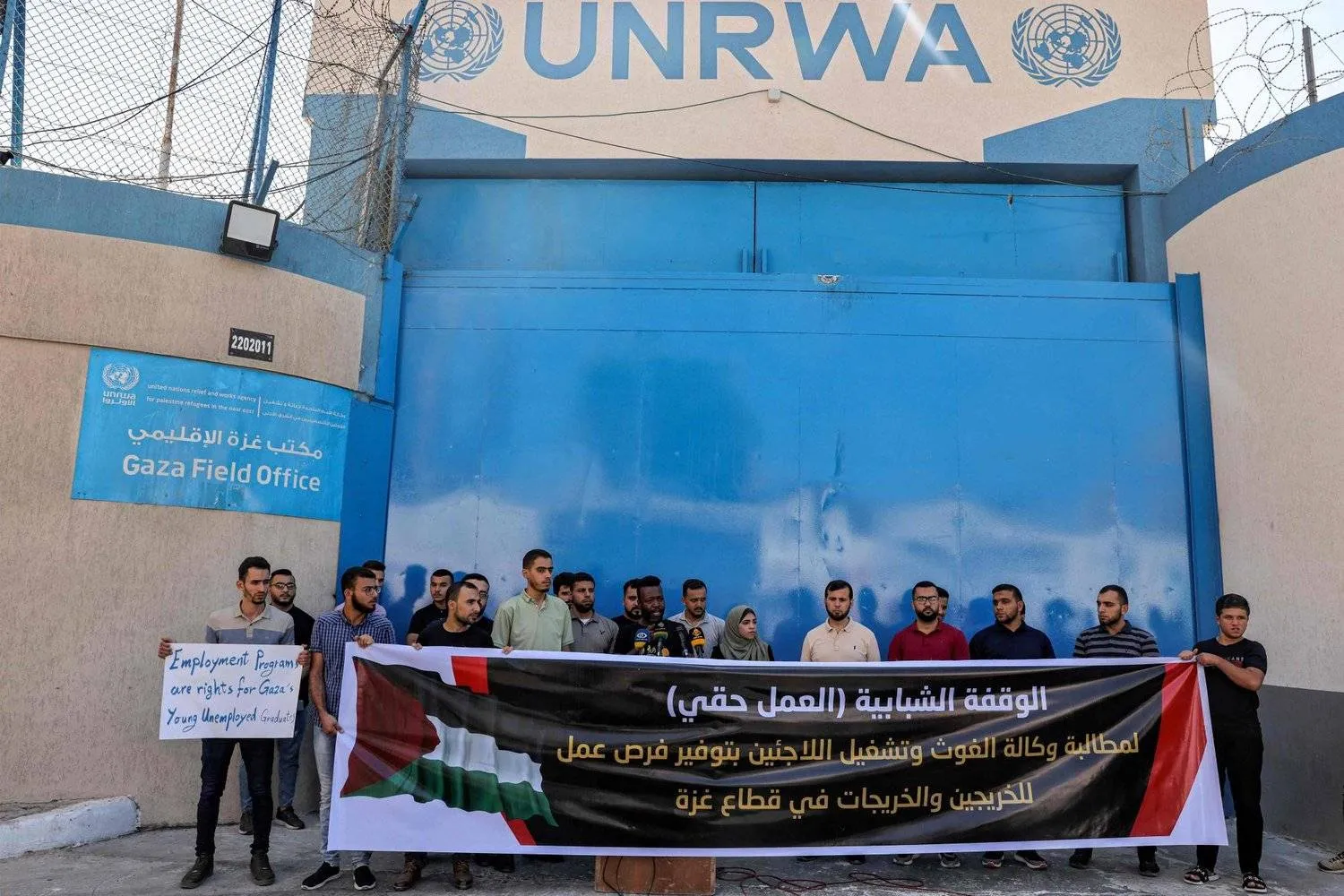The Palestinian government hopes the Ad Hoc Liaison Committee (AHLC) meeting in New York on the sideline of the UN General Assembly later this month will bring new financial support and restore previous funding.
Palestinian Prime Minister Mohammad Shtayyeh said he will participate in the donor meeting and present his government's financial needs.
Shtayyeh added that he will brief the meeting of donor countries on the money deducted by Israel, the government's financial needs, the progress made in the reform plan adopted last year, and the features of the Palestinian development plan for the next five years.
The government prepared financial and legal files to persuade donor countries to pump money into its financially troubled treasury by bringing in new support and resuming another that had been halted.
It also seeks to reach an understanding obligating Israel to stop deductions from its tax revenue funds.
The cabinet prepared files on a financial reform plan it developed last year, including referring thousands of employees to retirement to reduce the wage bill.
Israel usually attends the meetings, participates in everything related to the financial situation of the Palestinian Authority, and presents a case vision.
A Palestinian source indicated that the delegation will focus on the need to support the Palestinian treasury, oblige Israel to stop financial cuts, stop obstructing the growth of the Palestinian economy, support the Palestinian economy, and allow the implementation of economic projects in Area C.
He told Asharq Al-Awsat that the Prime Minister will again demand the need to change the Paris Protocol.
The Palestinian government is suffering from an ongoing financial crisis, which it says is the worst since its establishment due to Israel's continued deduction of Palestinian tax funds, the repercussions of the COVID-19 crisis, and an unprecedented decline in foreign support.
For the second consecutive year, the Palestinian government cannot pay total salaries to civil and military servants, an indication of the ongoing financial crisis expected to worsen as the Israeli government deducts more of the Palestinian Authority's (PA) "clearing" tax revenue funds.
For years Israel has been deducting sums of money from the clearance at a rate exceeding 200 million shekels per month, including the prices of electricity purchased by distribution companies and Palestinian local authorities from the Israel Electricity Company, the costs of water and sewage, and an allowance for medical referrals.
The PA is looking to mobilize support for the UN Relief and Works Agency for Palestine Refugees in the Near East (UNRWA) that is also suffering from a financial crisis.
Undersecretary of the Department of Refugee Affairs in the Palestine Liberation Organization (PLO) Anwar Hamam told reporters in Ramallah last week that the donor conference is important to mobilize funding.
Hamam added that the PLO hopes the next conference will see a breakthrough and more pledges from donor countries to finance the remainder of UNRWA's budget and bridge all funding gaps.
The UN agency needs $1.6 billion for the current year, noting that about $800 million was allocated at the donor conference held in New York in June.
UNRWA Commissioner-General Philippe Lazzarini said the amount is below the Agency's funds to keep over 700 UNRWA schools and 140 clinics open from September onwards.









